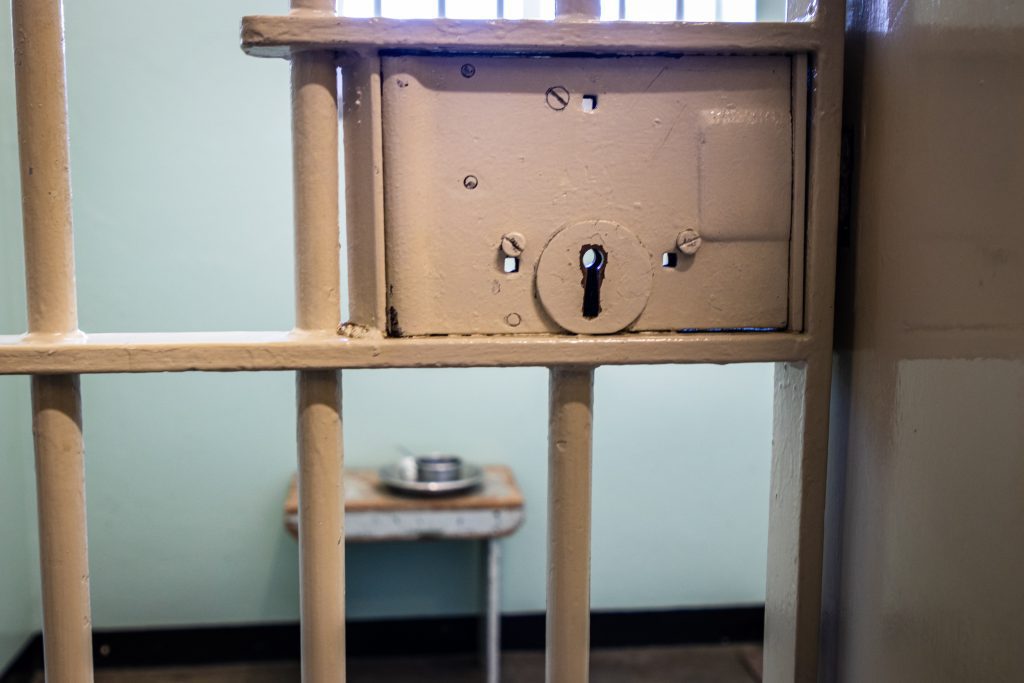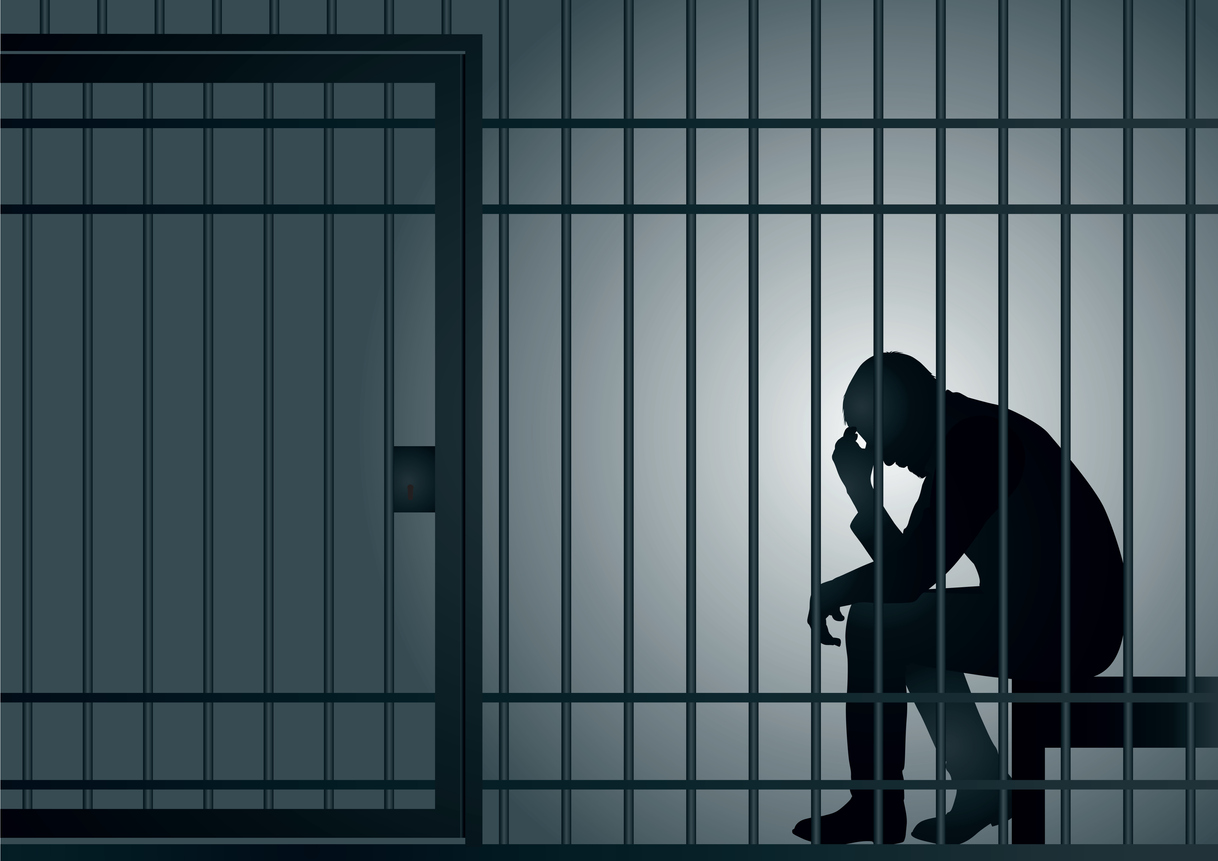When being released from prison, an individual faces a range of emotions. You go from excitement about the end of your sentence to fear about what is to come.
Usually, the top of my mind is on where I will live and how I will generate legal money. Why? Several reasons.
If you have any form of supervised release, you will not exit the gates without an approved house on file. A family member or friend will have to agree to allow you to live with them. They’ll also have to subject their home to visits and searches from department officials.
Are you released without supervision? The challenges don’t change too much. You’ll see the question on the housing application: “Have you ever been convicted of a felony?” If the answer is yes, on most occasions, the response is the same: access denied.
In this sense, housing is truly a nightmare after prison.
What does the housing nightmare look like after prison?
A few things lower recidivism on paper and in reality: housing, employment and education. The public identifies the need for lowering recidivism. But these tools to do so are denied.
I’ll use myself as an example. As I prepared for release, I wanted to live with a friend. Due to her living in HUD housing, I couldn’t live with her because she’d be risking her housing voucher.
I reached out to my mother and father for a safe place to live until I could provide for myself. My parents weren’t involved in my offenses and did not approve of the lifestyle. Even so, Department of Corrections officials sent my probation officer to the family home. They had to decide if it was “fit.”
What if I didn’t have that family connection? Who knows. These are some of the questions prisoners across the country face.

Does the housing nightmare after prison ever end?
Let’s go deeper and fast forward to 2018. Twelve years after my release, I’m employed in a “professional” capacity. I’m involved in the community (volunteering and giving back in various ways). I finished my college degree.
I am also a full-time father raising a young daughter who need somewhere to live. We found a lovely apartment community — a gated community with several community amenities. The inside was beautiful, too.
So, as we looked around, we claimed rooms, looked at the bathrooms and made our plans. I completed the application and supplied all the funds requested.
Then, as usual, I saw the “question” about my record: Have you ever been convicted? But, this time, it asked about convictions within ten years only. My original conviction was 18 years old. And, at the moment, I’m 12 years post-conviction! So, I walked away feeling good about the situation.
A few days before move-in time, I received a call from management to visit the office. To my dismay and in front of my child, the community manager told me I was denied due to my criminal history. When I mentioned the application said they went back ten years, she apologized and gave me my money back.
As we walked back to our car, my daughter encouraged me: “Dad, you aren’t that person anymore!” Now, three generations of my family are affected by decisions made almost two decades ago. That’s true regardless of my steps to better myself.
Could lawmakers and other officials solve the problem?
This is harsh over-punishment without regard for redemption or life after conviction. Yet, due to my responsibilities, I couldn’t stop there. I had to look for solutions to my challenges. I offer the following as potential solutions because of that moment…
Policymakers and Justice Department Officials (State and Federal) should use data to support new policies. This would allow justice-impacted individuals to find housing.
We also need to create pathways for incarcerated individuals to reconnect with family. We need policy, support groups and training that acknowledge that. Incarceration traumatizes families. Families suffer from separation anxiety and need help reconnecting.
Finally, we need to teach individuals updated life skills. They need to know what they will face once released and have viable options to remain free.

The Takeaway:
We have data saying housing lowers recidivism. So, we need policies that allow justice-impacted individuals to access safe housing. We also need to find ways (through policy, support groups and training) to support reconnection with family. Finally, life changes fast. We need to prepare justice-impacted individuals for the new realities of obtaining and maintaining housing, so it’s no longer a housing nightmare after prison.






